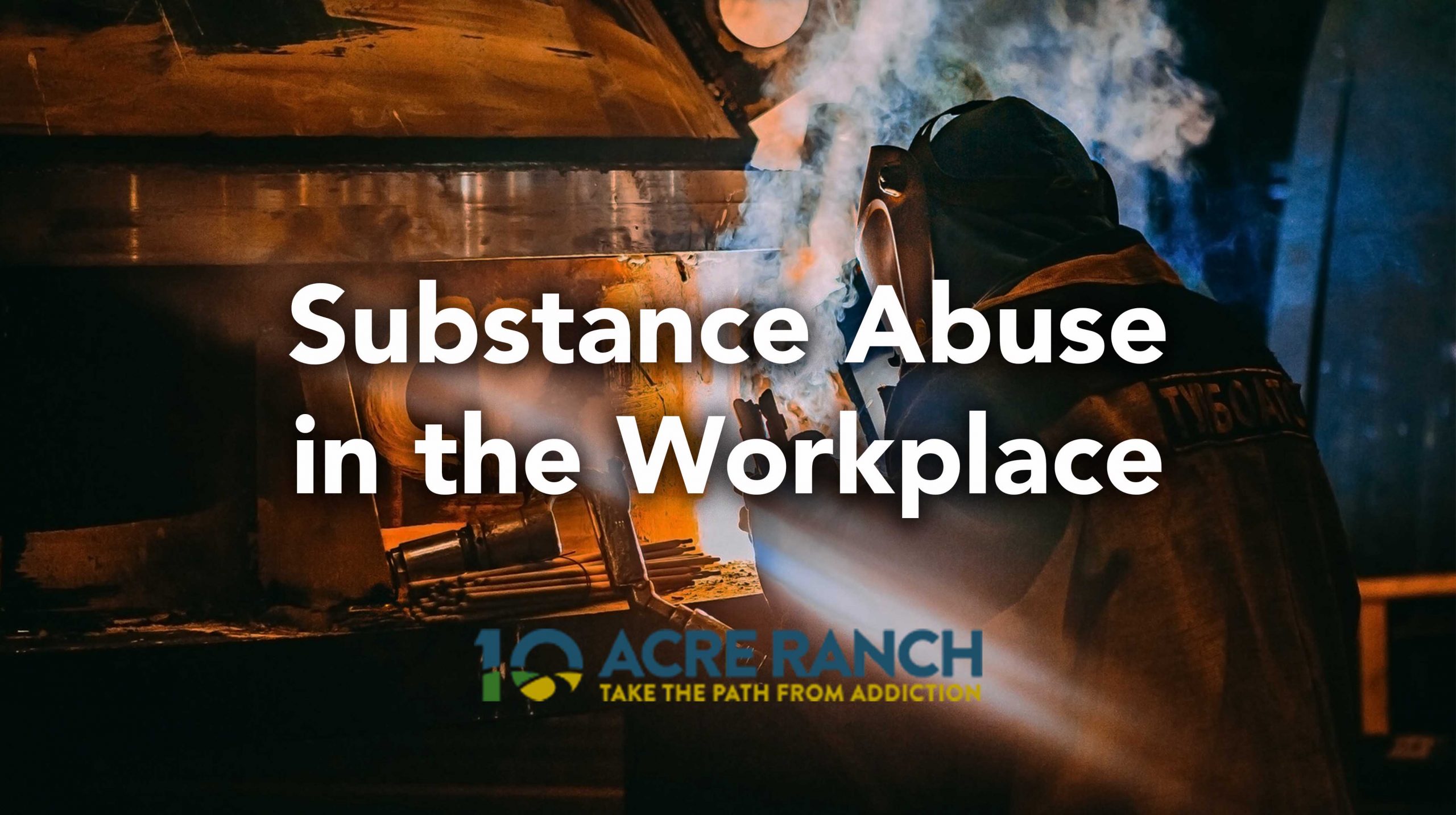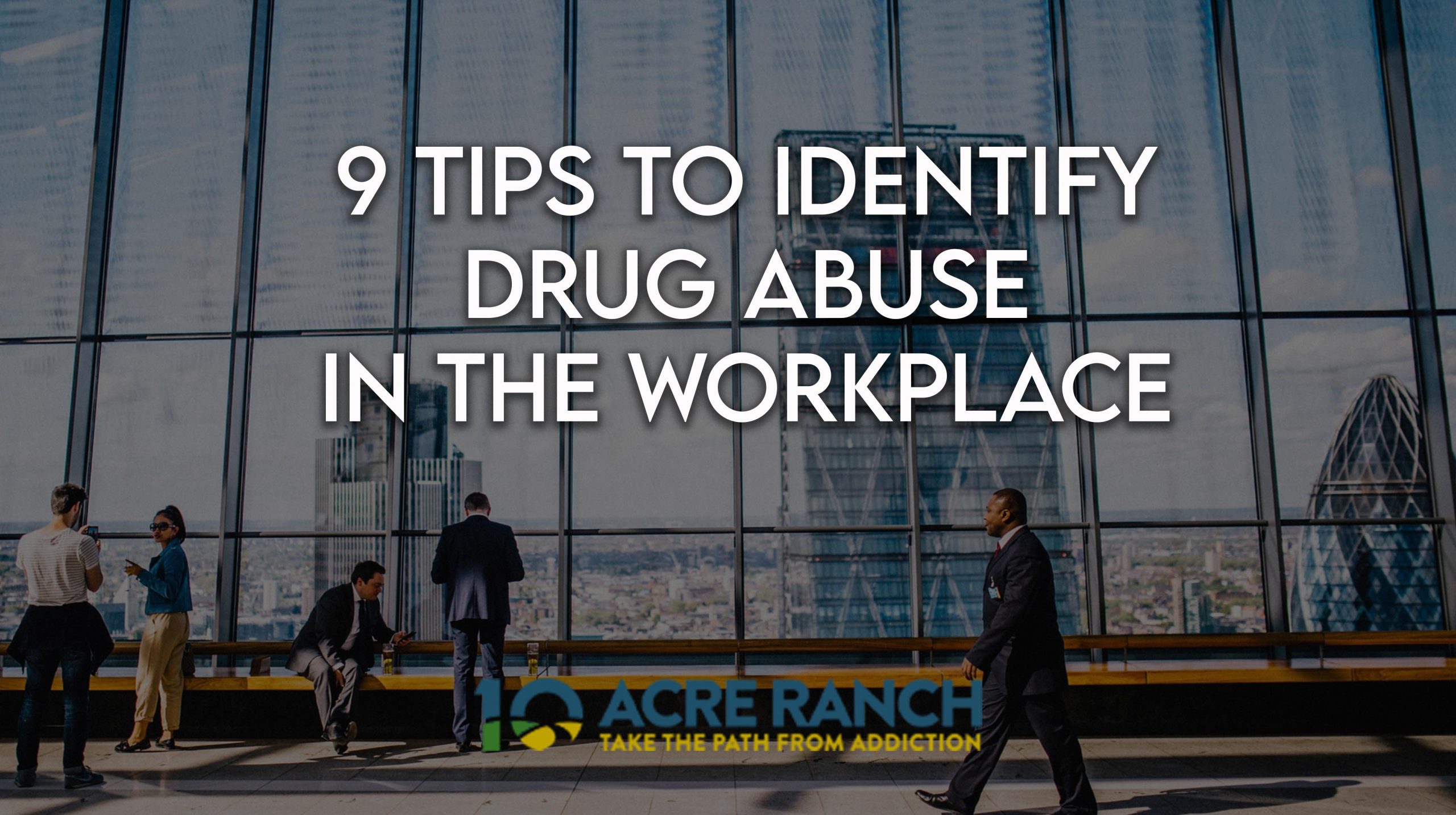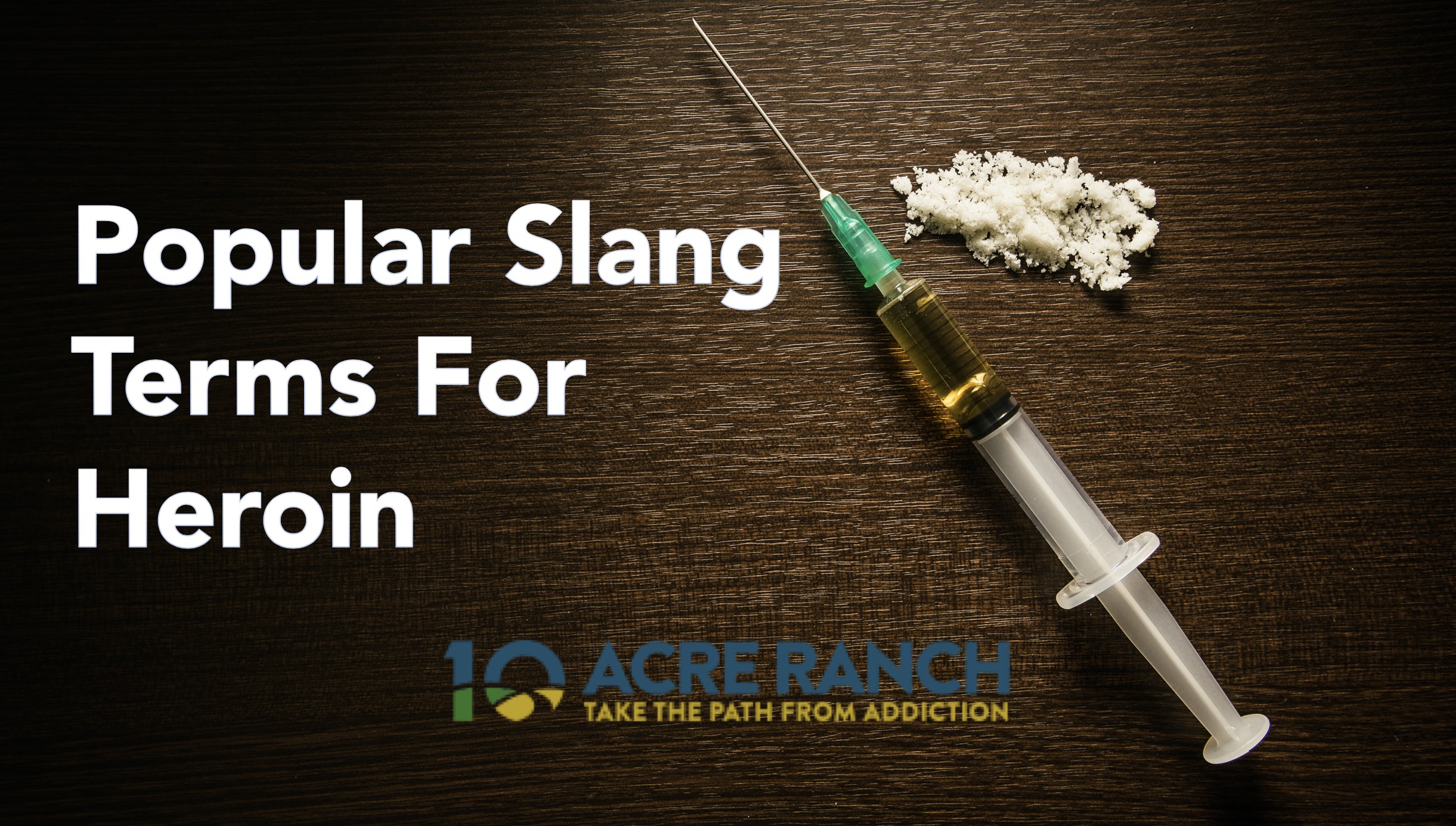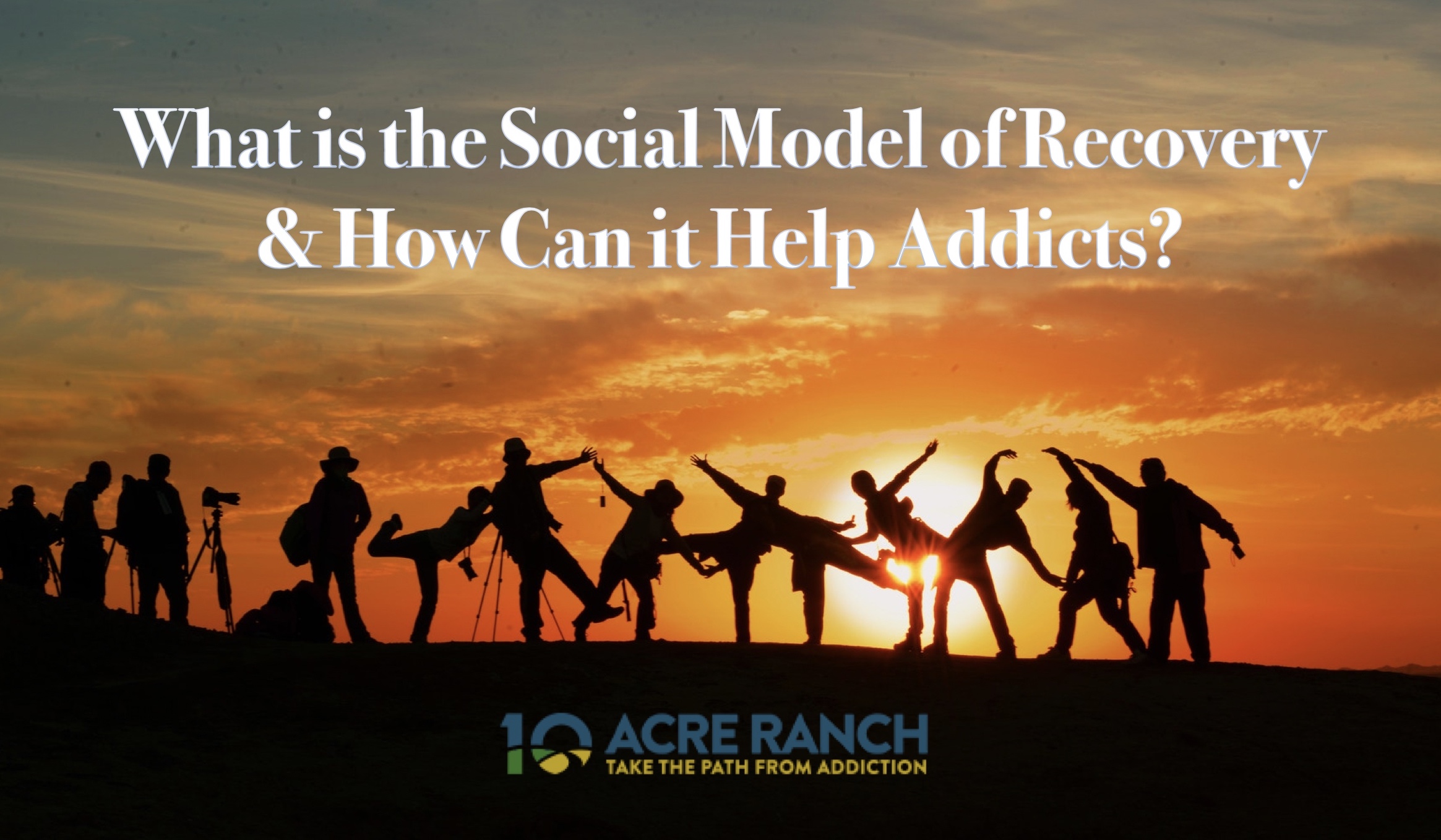instead of seeing them as another human being is causing a great harm to our society. This negative stigma often discourages …
9 Tips to Identify Drug Abuse in Your Workplace: How You Can Help Employees Who Are Struggling With Addiction
Drug abuse tends to be a sensitive topic at the workplace. Most people feel like they need to hide their problems with drugs or …
Popular Heroin Slang: Terms Heroin Addicts Say While Using
When an addiction is formed, something that can happen even after just one time of using, the person suffering is unable to stop …
Continue Reading about Popular Heroin Slang: Terms Heroin Addicts Say While Using
What is the Social Model of Recovery and How Can it Help Addicts?
Even more interestingly so, was that for the elderly population, meaning anyone above the age of 65, the number of people who …
Continue Reading about What is the Social Model of Recovery and How Can it Help Addicts?










